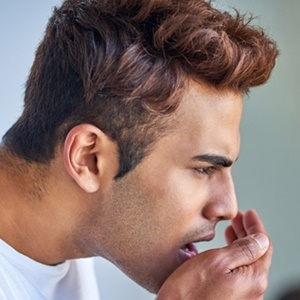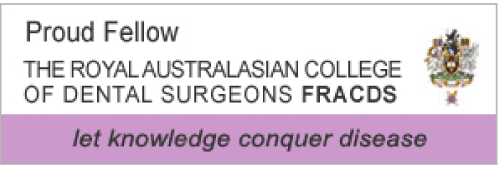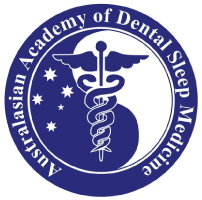Do you suffer from bad breath?
Are you embarrassed or anxious about your breath?
I have been a dentist for 24 years (scary!) and I like to think I can diagnose different causes of bad breath just by talking to someone. It’s one of those knacks a dentist can develop if you have a sensitive sense of smell like I do.
I recently went shopping for a new dining table for my growing family. We have more people coming over to eat and we need more surfaces to park our clutter but I digress. The poor young salesman who was helping me with the dining table probably suffered from gum disease (also known as gingivitis). The truth is, I can smell the characteristic odour of gum disease from a metre away.
#BadBreath #Halitosis #GumDisease #Periodontitis #Gingivitis #HealthyMouth Share on XWhy do we get bad breath?
You can rest assured that everyone has bad breath from time to time. Transient bad breath or halitosis can be blamed on certain foods, infection in the mouth, medication, dry mouth or even allergies causing hayfever and congestion in the nose. Bad breath have different characteristic odour depending on the source and the underlying cause. Let’s break down each cause and find out what can be done to eliminate bad breath.







